Pakistan’s Net Metering Policy in 2025: What’s Changing and Why It Matters?

Pakistan’s solar energy sector has experienced rapid expansion over the past few years, with net-metered solar capacity crossing 4.1 GW by the end of 2024. This growth has prompted the government to reconsider its net metering framework in 2025, sparking debate, concern, and now, political intervention.
Here’s everything you need to know about the proposed changes, the Prime Minister’s response, and how solar consumers can still benefit in the long run.
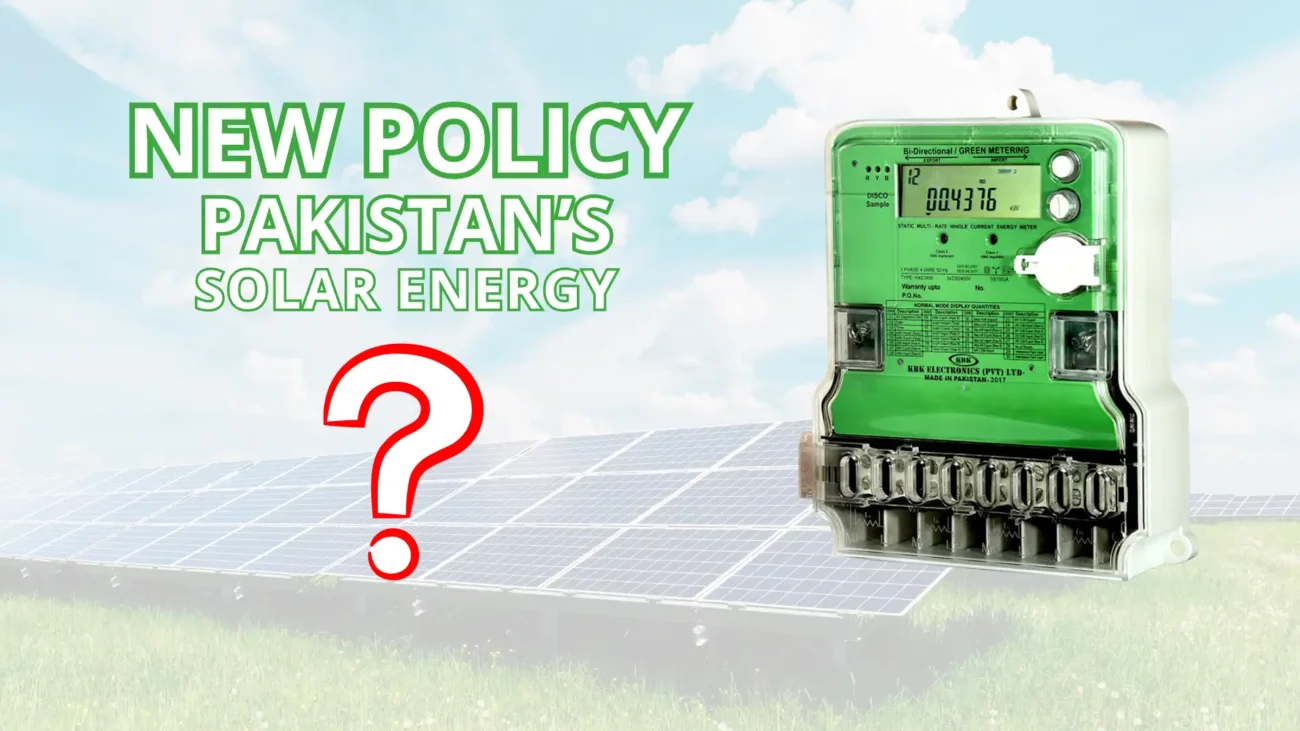
Proposed Changes in the Net Metering Policy
1. Buyback Rate Reduction
- Current Rate: Rs. 27/unit
- Proposed Rate: Rs. 10/unit
This shift would reduce how much consumers earn for exporting excess solar energy back to the grid.
2. Transition to Net Billing
- Instead of offsetting imported electricity with exported units (net metering), users would:
- Sell excess electricity at Rs. 10/unit.
- Buy from the grid at standard rates.
This model favors utilities but may reduce ROI for solar owners.
3. Contract Duration & Installation Limitations
- Contract validity shortened from 7 years to 5 years.
- Maximum installed capacity capped at 10% above sanctioned load (previously 50%).
Why These Changes Were Proposed
According to NEPRA:
- By end-2024, Rs. 159 billion in costs were shifted from solar users to non-solar grid users.
- If unchecked, this cost could rise to Rs. 4.2 trillion by 2034.
- The new policy aims to address:
- Grid imbalances
- Cross-subsidization by poorer users
- Utility revenue shortfalls
PM Shahbaz Sharif Puts Policy on Hold
In a major development, Prime Minister Shahbaz Sharif intervened to stop the immediate enforcement of the proposed changes. He has:
- Ordered a pause on the new net metering policy.
- Directed the Ministry of Energy and Power Division to:
- Conduct stakeholder consultations
- Reassess the financial and social implications
- Propose a balanced and inclusive policy framework
This move has been welcomed by consumers and the solar industry alike.
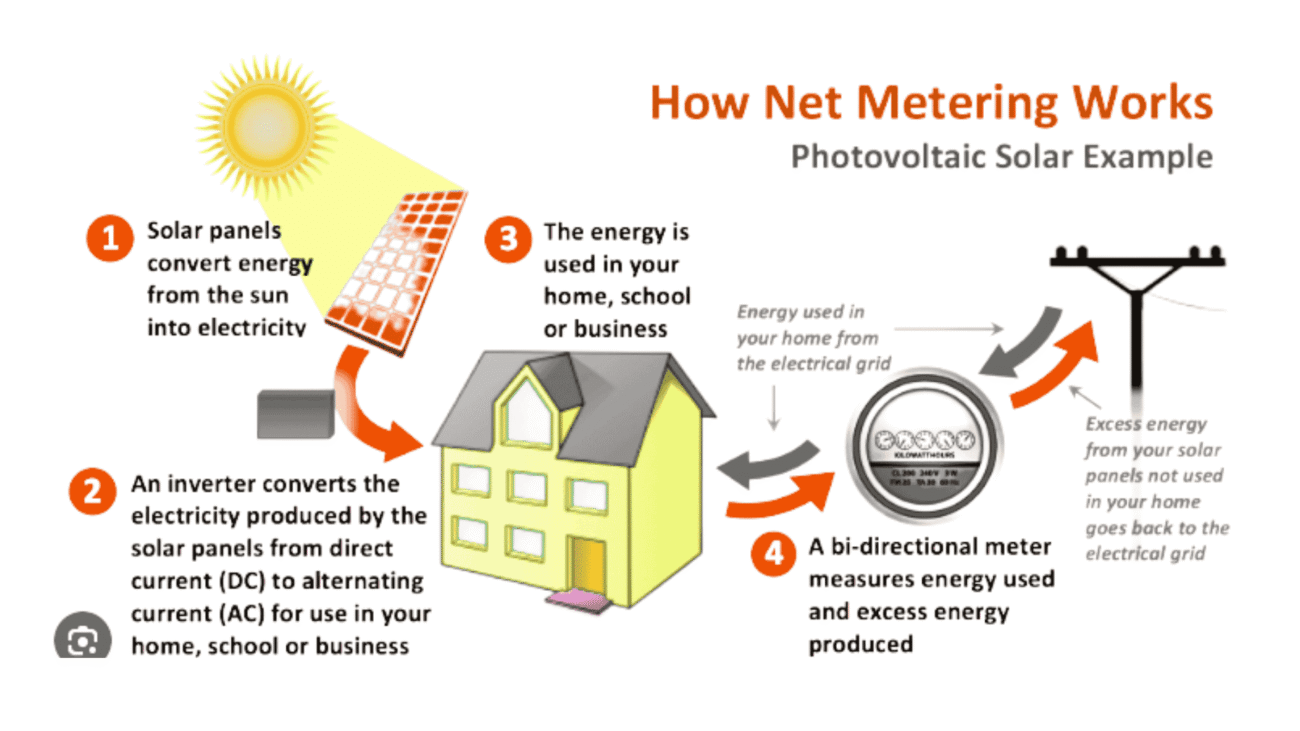
What This Means for Consumers
In the Short Term:
- No changes yet – current agreements stay intact.
- Solar companies continue operations without disruption.
- New users are still being approved under existing NEPRA regulations.
In the Long Term:
- Future revisions may reduce incentives for simple on-grid systems.
- Payback periods may increase from 3-4 years to potentially 8-10 years.
- There may be increased focus on battery storage and hybrid solutions.
A Hidden Opportunity: Long-Term Benefits Still Exist
Despite the uproar, the revised policy — if designed wisely — can still benefit on-grid users in the long run, especially those who:
- Install hybrid inverters to maximize self-consumption.
- Use smart load management to reduce grid reliance.
- Add lithium battery backup to store excess power for nighttime use.
- Size their systems realistically based on peak load vs. export intentions.
As electricity prices rise and solar hardware becomes more efficient, solar users will still save on their bills, even with lower export rates.
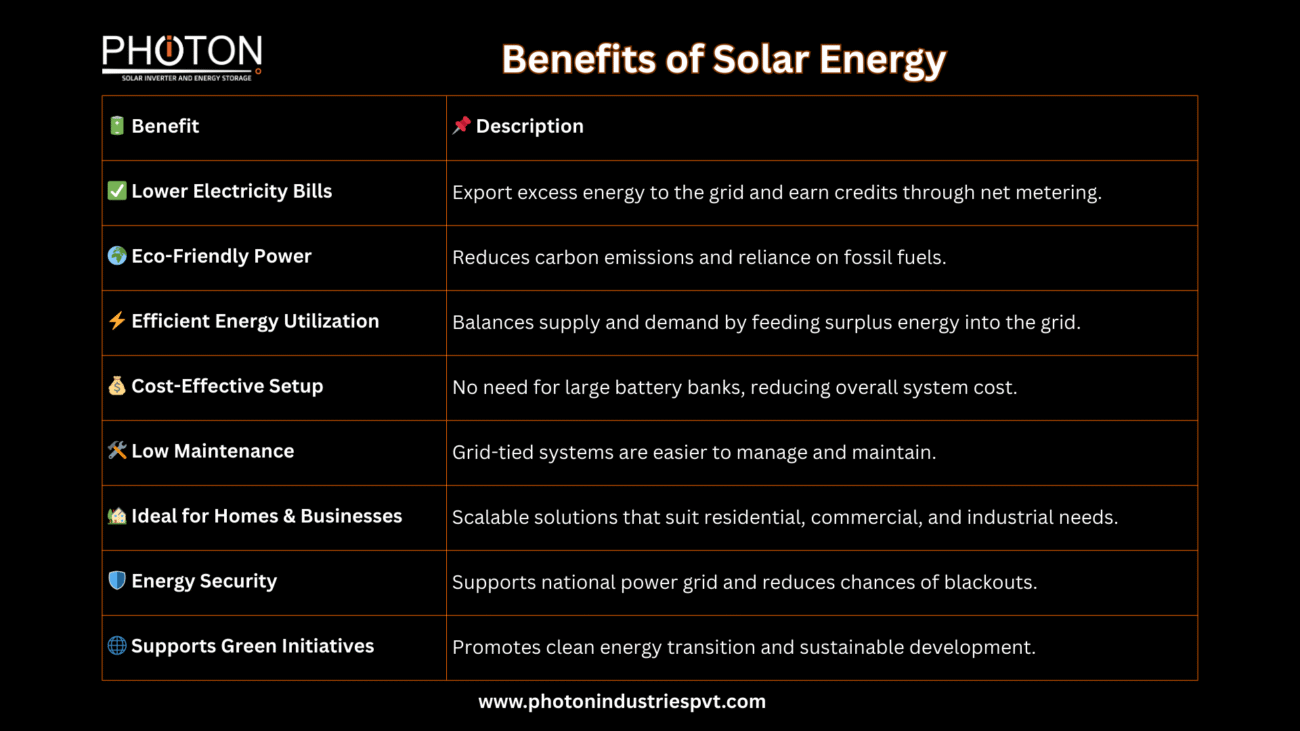
A Balanced Way Forward
Pakistan’s solar journey must address both equity and sustainability. The right net metering policy should:
- Encourage solar investment.
- Ensure fair grid cost distribution.
- Support technological innovation like batteries, IoT load controllers, and hybrid systems.
- Strengthen grid infrastructure to handle two-way power flow.
Final Thoughts
The pause ordered by Prime Minister Shahbaz Sharif is a positive step — giving space for national dialogue on how to shape Pakistan’s clean energy future.
Whether you’re a current solar user or planning to invest, this is a crucial time to act wisely:
- Optimize your solar setup.
- Prepare for future policy directions.
- Think long-term — solar is still worth it.

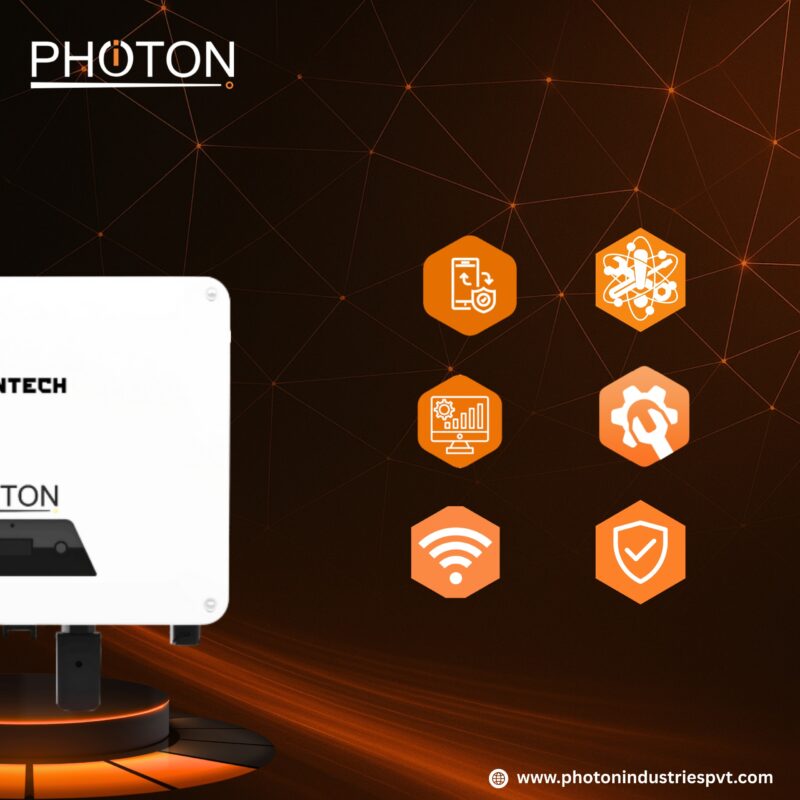

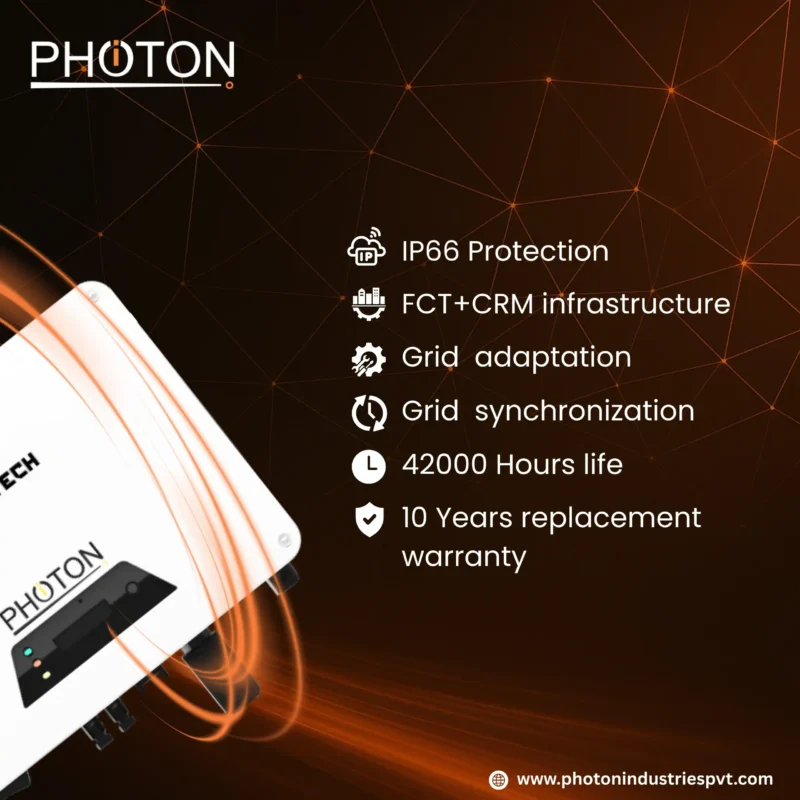
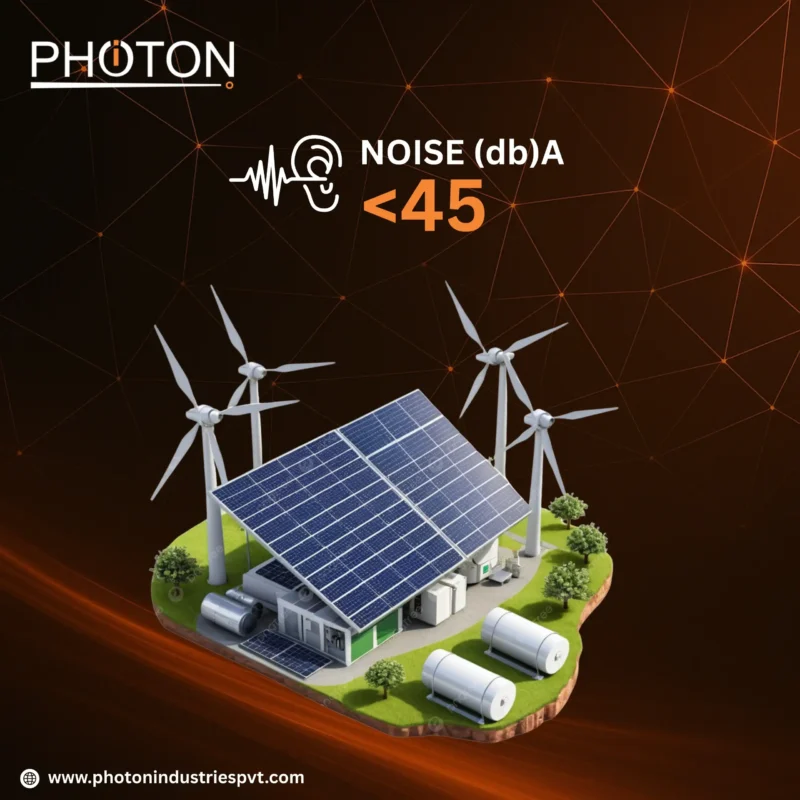

Go for the best — choose Photon Ongrid Inverters for reliable, efficient, and sustainable solar power!

